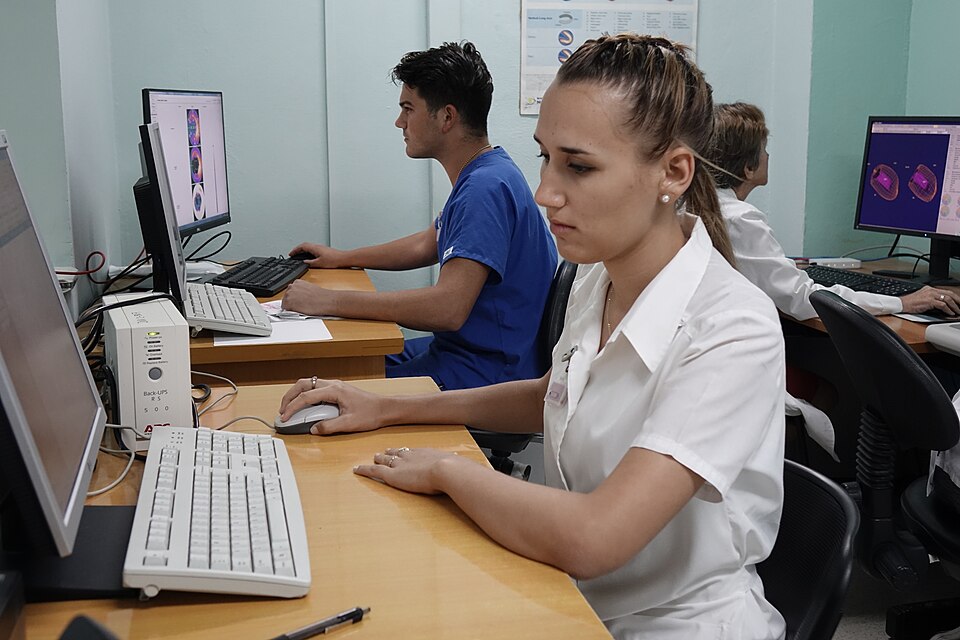Postpartum Hemorrhage Linked to Long-Term Cardiovascular Risks

A recent study published in the *Journal of Maternal-Fetal & Neonatal Medicine* on June 25, 2025, reveals that women who experience postpartum hemorrhage (PPH) have significantly elevated risks of cardiovascular disease (CVD) and thromboembolism for up to 15 years following childbirth. This comprehensive analysis examined data from over 9.7 million women, indicating a 1.76-fold increased risk of cardiovascular conditions and a 2.10-fold heightened risk of thromboembolic incidents among PPH patients.
The study, led by Dr. Manggala Pasca Wardhana of Airlangga University, emphasizes the necessity of recognizing PPH not only as an immediate obstetric emergency but also as a potential long-term health concern. "PPH has long been seen as an emergency that ends once the bleeding stops. But our findings show it may have lasting effects on a woman’s heart health, even years after childbirth," Dr. Wardhana stated.
In conducting the research, investigators systematically reviewed studies published up to August 15, 2024. They utilized the PubMed and Web of Science databases to identify relevant articles that included over 10 subjects with documented PPH and reported cardiovascular outcomes. Excluded were studies with follow-up periods of less than one year. Ultimately, the review comprised ten studies with sample sizes ranging from 32,463 to 4,243,393 participants from various countries including South Korea, the United Kingdom, Sweden, France, Canada, and the United States, with follow-up periods extending from three to 31 years.
The findings revealed significant correlations between PPH and cardiovascular risks. For instance, 39.2% of CVD patients in one study had a history of PPH, and another study reported an adjusted odds ratio (OR) of 5.07 for cardiac arrest among PPH patients, indicating a more than five-fold increased risk. Furthermore, the analysis highlighted that the odds of developing CVD increased by 29% within 15 years post-birth, with a nearly two-fold increase in risk during the first year.
In terms of thromboembolism, the pooled OR for this condition was found to be 2.10 among women with PPH. While PPH was not identified as an independent risk factor for venous thromboembolism, the risk was increased 2.9-fold. These findings underscore the potential for severe long-term health consequences arising from PPH, leading researchers to recommend enhanced postpartum care and long-term monitoring for affected women.
Dr. Wardhana advocates for policy changes to incorporate routine cardiovascular evaluations for women who experience significant bleeding. “If policymakers take this into account, it could lead to meaningful changes. For example, women who experience severe bleeding could be offered routine cardiovascular check-ups as part of their postpartum care,” he suggested.
The implications of this study are profound, as they call for a shift in how postpartum care is administered. Increased awareness among healthcare providers regarding the long-term risks associated with postpartum hemorrhage could lead to proactive measures that significantly improve women’s health outcomes. As more studies delve into the effects of PPH, the medical community may need to reevaluate existing protocols and guidelines for postpartum care to ensure that women are adequately supported in the years following childbirth.
Advertisement
Tags
Advertisement





